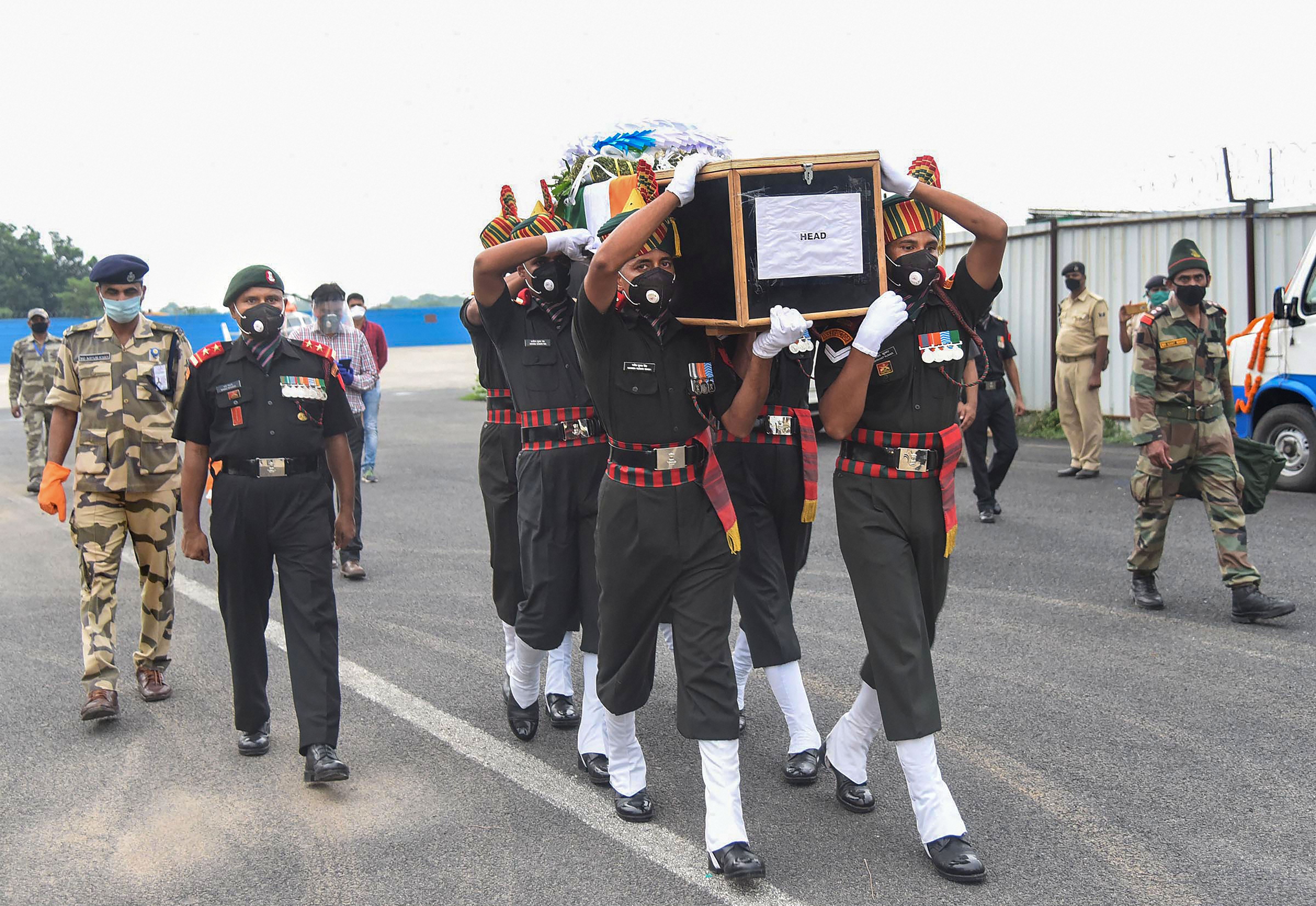The death of at least 20 Indian soldiers in a violent confrontation with Chinese troops in eastern Ladakh is deeply tragic. What is unfortunate — even unprecedented — is the confusion that surrounds the incident, the worst flare-up in several decades. How is it that precious lives were lost — on both sides possibly — when a process of de-escalation had already been put into operation? Had there then been a breach in coordination between the commanders at the local level? What has added to the murkiness are the confounding statements from the two nations. China, which has unilaterally claimed sovereignty over the Galwan Valley, has pointed fingers at India for indulging in adventurism. New Delhi, in turn, has accused Beijing of a devious attempt to change the status quo of the area. The domestic narrative has been equally inconsistent. The prime minister, characteristically, chose to stay mum even as the crisis simmered. The Union defence minister confessed to Chinese incursions, while the Indian army chief assured the nation that the situation at the border was under control. These conflicting signals are unwarranted. This is not the hour of opacity. It is the time for resolve, cool-headedness and unity. It is also the time for Narendra Modi and his government to apprise the nation of the cause of the conflagration as well as the steps that are being taken to cool tempers on both sides of the border. Mr Modi’s decision to call an all-party meeting to discuss the situation is welcome, even though it has come a bit late in the day. The prime minister must be receptive to concrete suggestions from the participants, even though receptivity is not an attribute of strong leaders.
As the dust settles around the Galwan tragedy, one thing is beginning to get clear. Mr Modi’s sustained diplomatic outreach towards China does not seem to be yielding the desired results. The numerous meetings between the Indian and Chinese premiers notwithstanding, there remains a paucity of trust on both sides. History is only partially responsible for the strain. Mr Modi’s blinkered foreign policy vision must take much of the blame. India’s alienation from its allies in the neighbourhood — even the Indo-Nepal friendship seems to have soured — can be attributed to Mr Modi’s endeavour to craft a triumphalist foreign-policy rhetoric with a firm eye on domestic political imperatives. Galwan has exposed the hollowness of the roar.










